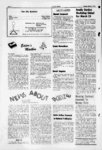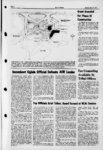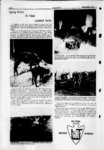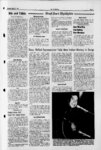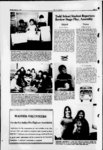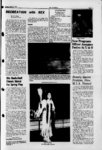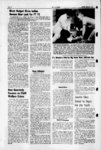Ute Bulletin | 1974-03-21 | Page 3
| Type | issue |
| Date | 1974-03-21 |
| Paper | Ute Bulletin |
| Language | eng |
| City | Fort Duchesne |
| County | Duchesne |
| Rights | No Copyright - United States (NoC-US) |
| Publisher | Digitized by J. Willard Marriott Library, University of Utah |
| ARK | ark:/87278/s6965bt5 |
| Reference URL | https://newspapers.lib.utah.edu/ark:/87278/s6965bt5 |
Page Metadata
| Type | page |
| Date | 1974-03-21 |
| Paper | Ute Bulletin |
| Language | eng |
| City | Fort Duchesne |
| County | Duchesne |
| Page | 3 |
| Reference URL | https://newspapers.lib.utah.edu/ark:/87278/s6965bt5/29822326 |

